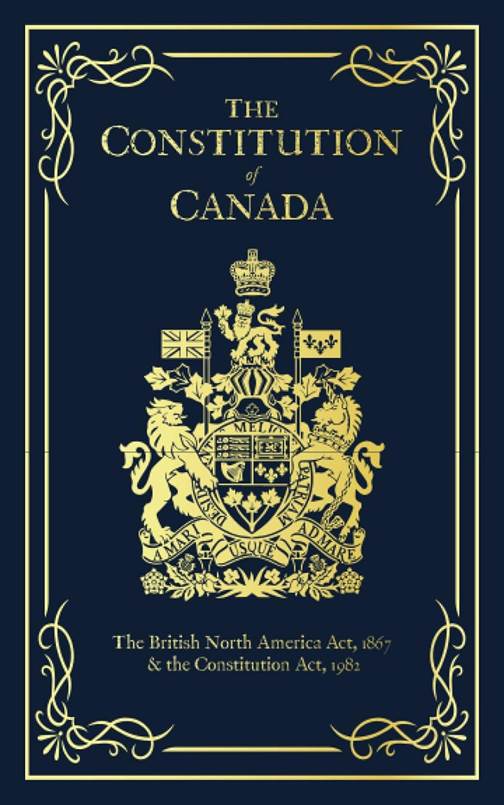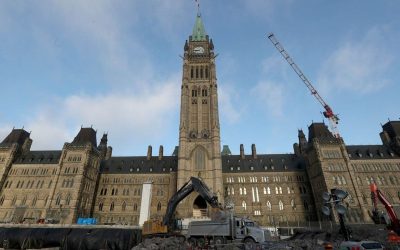The Canadian Constitution divides up the various responsibilities between the Provinces and the Federal Government. Provincial responsibilities such as Health Care, Education, Housing, Childcare, and Environment, for example, are subject to aggressive interventions by the Federal Government. It has used its financial clout or spending power (courtesy of having rich revenues sources like income tax and GST) to encourage / force provinces to do certain things – rezoning property to allow for denser housing, funding national pharmacare, dental care and child care programs, restricting private competition in healthcare, etc. In order to receive Federal money/transfers, the provinces must comply with the Federal Government’s good intentions but restrictive rules.
There are two alternatives.
The status quo is to continue the existing system of active federal incursion into provincial jurisdiction by retaining the present system of transfers and equalization payments made with strings attached. One argument in favour of this is that it ensures that basic programs are consistently available across Canada. The downside is that it stops experimentation and innovation by the provinces which produce major inefficiencies.
The other alternative is for the Federal Government to give up tax power/points (effectively reduce taxation), and let individual provinces take over federal tax sources (GST) or increase income and other taxes (offsetting the decline in Federal funds) – in order to fully fund their programs.
Critics of this hold that poorer provinces will not be able to provide the same services that richer provinces can, and the level of services will be different right across Canada. Proponents say it will respect the constitution, by returning the feds to its traditional role in running foreign affairs, the military, high level court functions and enforcing free trade between the provinces. It would also allow provinces to pursue more consumer and taxpayer friendly delivery models.
Click below to view last week’s poll question results:
Should The Federal Liberals And New Democrats Unite Into a Single Party?



